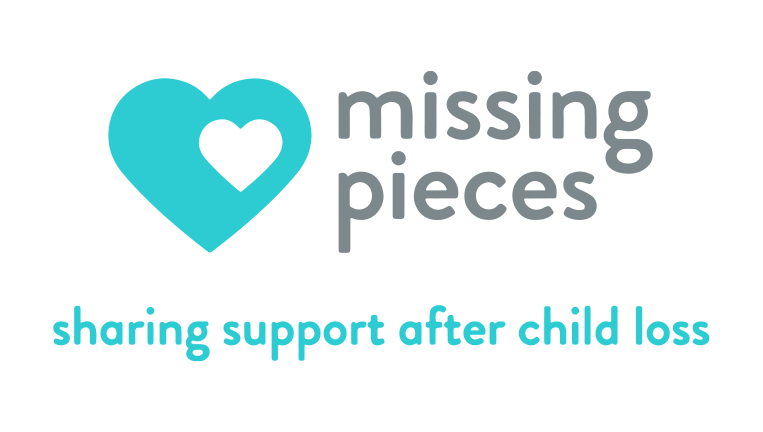
Suicide Loss
If you are experiencing a crisis, please call the 988 Lifeline for free, confidential support.
You are not alone. Each person who dies by suicide leaves behind an estimated six or more “suicide survivors” — people who’ve lost someone they care about deeply and are left grieving and struggling to understand. The death of your child by suicide can feel complex and traumatic. You may not know what to say to others about why your child died, and others may feel uncertain about how to offer help. Your family members and friends may have different opinions about how or whether to talk about the death, which can lead to feelings of isolation, confusion or shame. You might be questioning “what if”, or find yourself wishing your child had confided their intentions to you sooner. We hope that you know that support is available and you remember that your child’s life is not defined by how they died.
What do I tell people about what happened?
You may be hesitant to share with others that your child took their own life. While we cannot determine what is right for you, many survivors share that they are glad that they decided to be honest about the facts of the death. One of the most important reasons to be honest about the way your child died is that it will give your friends and family the opportunity to support you in an appropriate way. Many people also find that support groups for suicide survivors can be open spaces where stories can be shared and healing can begin.
What do I tell my children?
If you have younger children, you may be wondering how to talk to them about their sibling’s death by suicide. Many parents share a desire to protect their children from this traumatic experience. While it is up to you to determine how to share this information, children can benefit from a simple & honest explanation about how their sibling died. Without any explanation, children often create their own story to fill in the blanks, which may lead them to believe they did something wrong to cause the death.
When explaining suicide to a child or adolescent, provide truthful information, encourage questions, and offer loving reassurance.
Reassure children that they are not responsible, and that nothing they said or did caused anyone else to take their life.
Use simple explanations:
“Their brain was sick and they chose to die”
“Some people have an illness called depression. Depression makes them very, very sad and confused. Suicide is when a person is so sad, they choose to die to make the sadness stop.”
Be prepared to talk about their sibling’s death by suicide multiple times during the first days and weeks, and later throughout the child’s life. Talk to your family & friends about how to best answer your child’s questions, so they can support you in giving consistent answers to your child.
Remember that it is okay to not always have the “right” words, and it is okay to show emotion. Children just need to know that it is okay to feel their emotions and ask questions.
Resources
Local Resources
| LOSS/Catholic Charities | loss@catholiccharities.net Local Chapters |
(312) 655-7283 |
| Willow House | Bannockburn | (847) 236-9300 |
| Erika's Lighthouse | Winnetka | (847) 386-6481 |
| Elyssa's Mission | Northbrook | (847) 697-9181 |
| Light Finders/Fox Valley Hands of Hope | Geneva | (630) 232-2233 |
Crisis Lines
National Suicide Prevention Lifeline (Chat Available) & En Español
1.800.273.TALK (8255)
https://988lifeline.org/es/home/
988
Text HOME to 741741
CALL 877.968.8491
TEXT teen2teen to 839863
CHAT
(Available 4 - 10 pm PST)
1.866.488.7386 (Text & Chat Available)


